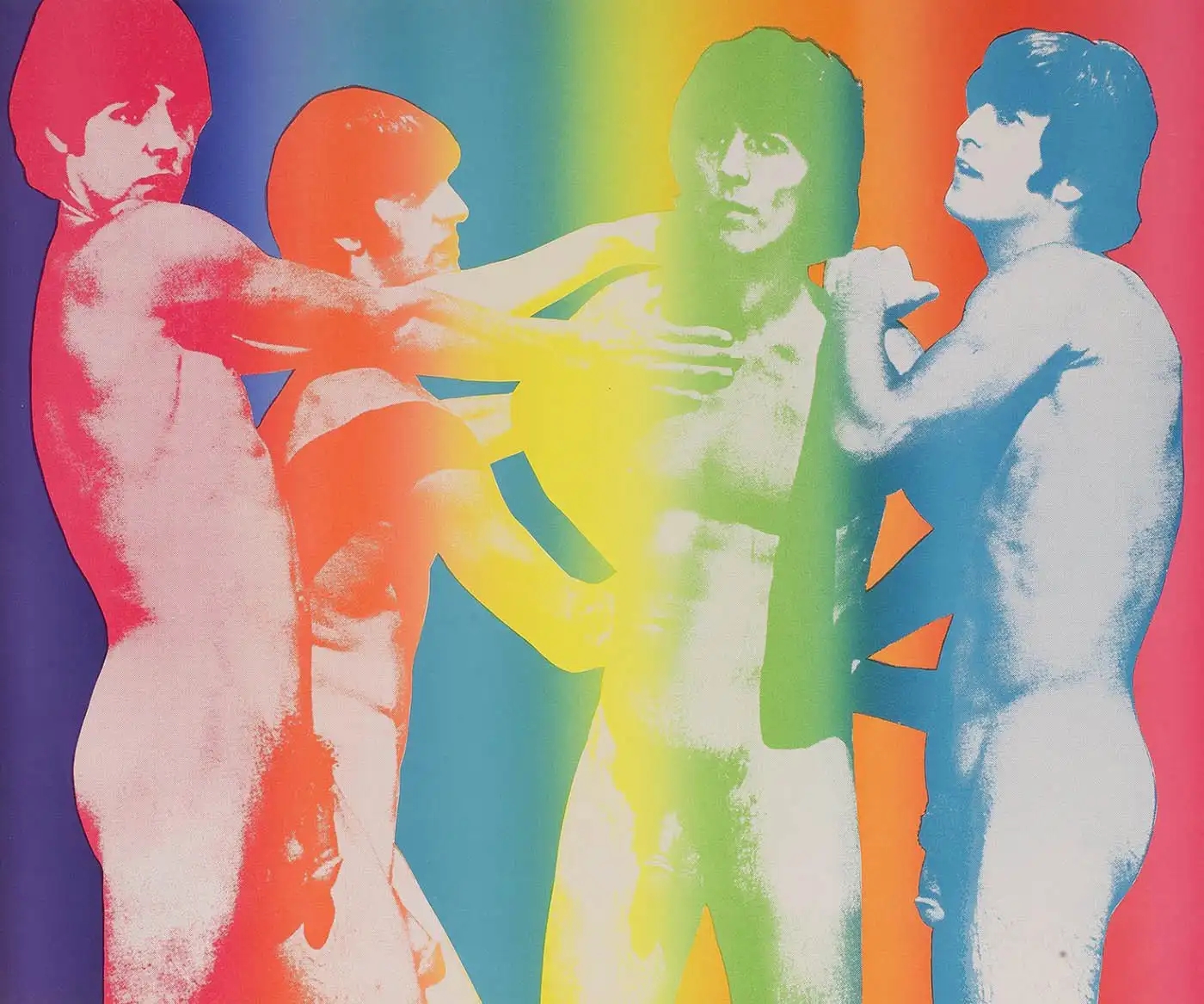A pulley system had been swiftly assembled to haul logs up a cliff for camp fires. At the suggestion of his brother, Michael McCartney tried to see if he could be transported down the cliff face with the same facility as the pile of logs. But when Michael got halfway down, Paul and the other scouts, worried about Michael’s speed, attempted to induce a braking effect by tugging on one of the ropes. Unfortunately, they pulled the wrong rope and Mike McCartney plunged down the precipice, smashing into an oak tree at the base of the cliff. His left arm severely fractured in three places, Michael spent the entire scout period and two extra weeks in the Sheffield Infirmary, some ten miles away. Arthur Evans admits that he and many of his colleagues already felt great sorrow and sympathy for the two brothers because of the loss of their mother; Evans had lost his father at a similar age. ‘That had been the most shattering experience of my life, and one of the most influential. The suddenness of it affects one profoundly. I don’t remember any outward show of grief from Paul But you bottle it up at that age-you’re very concerned with your new maturity.’
It was with something of a heavy heart, then, that he contacted Jim McCartney to give him the news of this latest calamity. Their father made a considerable impression on Evans: ‘A very charming, very, very concerned man. I liked him very much. He was a very warm, generous, concerned parent. Some of the parents who would visit the camp wouldn’t come and speak to me unless I went over and spoke to them first, but that certainly wasn’t the case with Mr. McCartney. Certainly he didn’t reproach me over Michael’s accident.’
Paul meanwhile, adopted what was beginning to become a familiar role. ‘Paul was a very unflappable person. And while he was obviously concerned–I had the impression he and his brother were very, very close–he took the situation calmly. After coming to tell me, with a face as white as a sheet, that Mike had fallen down this gorge, he then stayed on. He certainly didn’t seem to have considered going home with his father. In fact, he went into Sheffield every day to visit his brother in the hospital.”
~McCartney, Chris Salewicz, 1986



